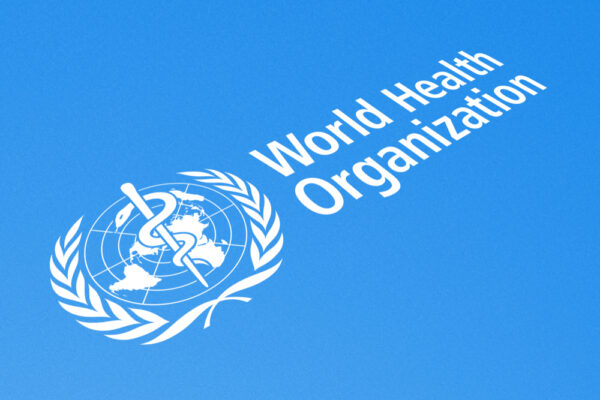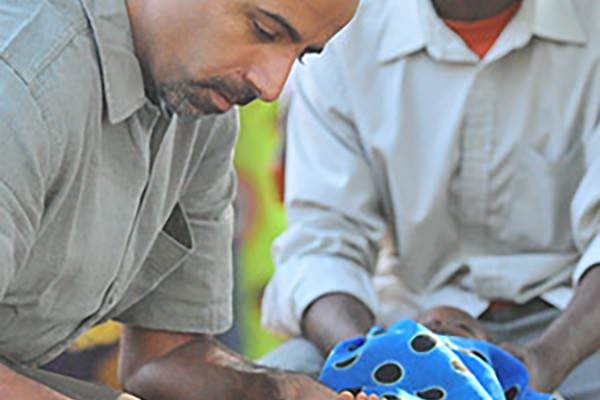WHO withdrawal may not be legal
President Donald Trump announced July 7 that the United States has officially begun to withdraw from the World Health Organization. Trump may or may not have the authority to do so, says an expert on health law at Washington University in St. Louis.
Researchers focused on understanding virus transmission by aerosols
Nearly 240 scientists signed onto a letter urging the World Health Organization to recognize the airborne spread of COVID-19. Here’s what a signatory from Washington University in St. Louis has to say.
New approach to childhood malnutrition may reduce relapses, deaths
Children treated for moderate acute malnutrition experience a high rate of relapse and even death in the year following treatment and recovery. A new study led by School of Medicine researchers has found that target weights and measures of arm circumference used in assessing the health of malnourished children are insufficient and that raising these thresholds could significantly lower the rate of relapse.
University’s research key in new international guidelines for treatment of severe malnutrition
The World Health Organization has released new guidelines for the treatment of severe acute malnutrition, based in large part on research at the School of Medicine. Shown is the school’s Mark Manary, MD, whose research helped spur the changes.
Antibiotics cut death rates for malnourished kids
Severely malnourished children are far more likely to recover and survive when given antibiotics along with a therapeutic peanut-butter based food than children who are treated with the therapeutic food alone, researchers at Washington University School of Medicine in St. Louis have found. Indi Trehan, MD, the study’s lead author, shows parents in Malawi how to measure medication.



